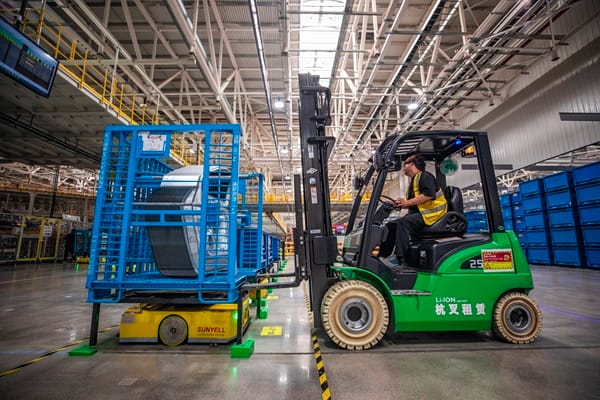
"The global supply chain is all about modern logistics today, but it is also fragmented and complex. With different carriers, ports, customs agencies, and logistics companies all using their own unique systems and data formats, it is a recipe for miscommunication, inefficiency, and costly delays. This lack of a common language is particularly evident in the " track and trace " process. When a container moves from a carrier's system to a port's system to a customs agency's system, the data often doesn't transfer seamlessly."
"The solution lies in embracing a new approach, so the technologies speak the same language. The global shipping industry needs to move beyond its fragmented systems and adopt a common set of digital standards. This is the only way to unlock the full potential of digitalization and create a seamless, interconnected network where information flows as freely as goods. The problem with the status quo The fragmented nature of global shipping is not just an inconvenience; it creates significant problems that harm every party in the supply chain."
Global supply chains are fragmented, with carriers, ports, customs, and logistics providers using unique systems and data formats. Data silos prevent automatic sharing, forcing manual re-entry that causes errors, delays, and misrouting. Track-and-trace processes particularly suffer when container data fails to transfer between carrier, port, and customs systems, preventing a universal shipment view. Adopting a common set of digital standards would enable interoperability, reduce inefficiencies and costs, and allow information to flow as freely as goods. Digital standardization unlocks the full potential of supply chain digitalization and seamless networks.
Read at London Business News | Londonlovesbusiness.com
Unable to calculate read time
Collection
[
|
...
]